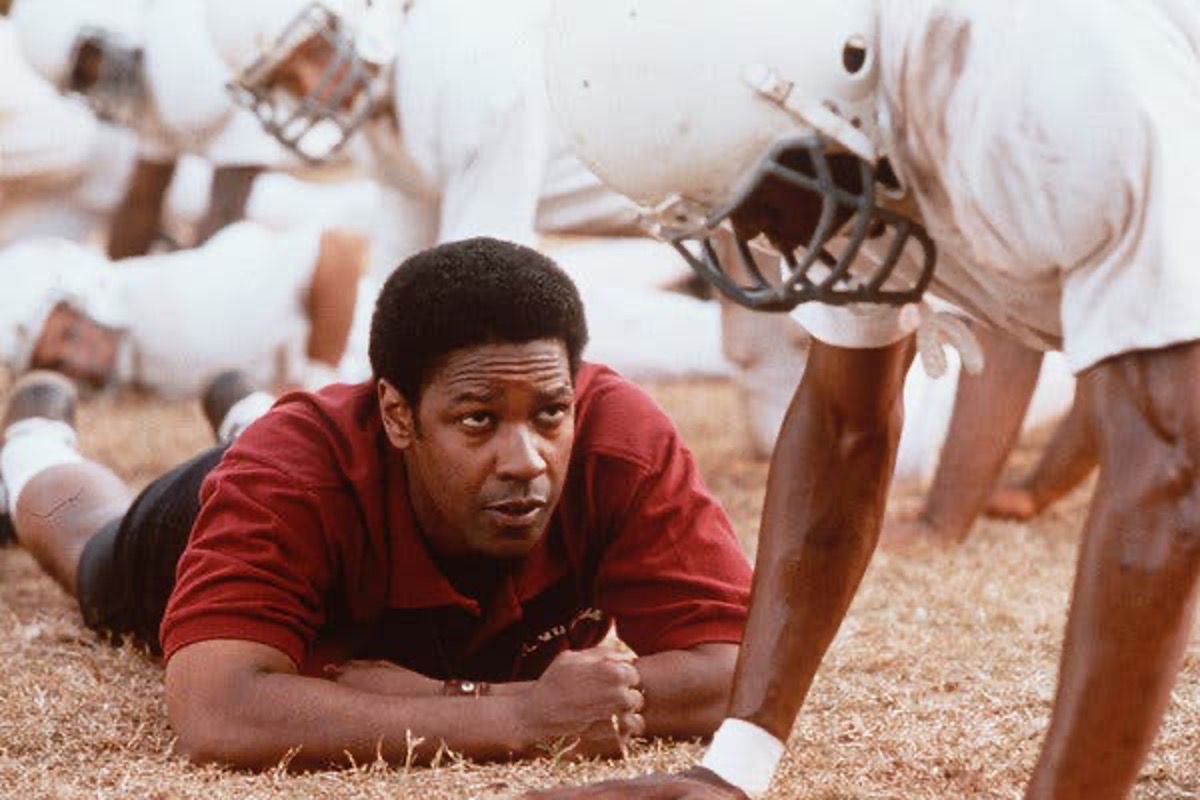Now that we’ve had a deep dive into the Four Key Components of Emotional Intelligence:
- Self Awareness
- Self Management
- Social Awareness
- Relationship Management
…let’s focus on how to put what we’ve learned into practice to build emotionally intelligent teams.
Emotionally Intelligent Teams are those where members are aware of each other’s emotions and work together harmoniously.
As we’ve discussed throughout this series, Emotional Intelligence can help you create honest and healthy relationships with and within your teams. Creating an emotionally intelligent organizational culture is a company-wide commitment and ongoing process. It is not a flavor of the week activity that sounds good in a presentation but doesn’t get put into practice in real life.
Emotional Intelligence and building the skills behind it needs to start at the top of your organization at the executive level, and trickle down from there through management to the front lines.
Benefits of Emotionally Intelligent Teams:
EXAMPLE:


Let’s consider the movie “Remember the Titans”. The story – which is based on true events – is set against the backdrop of the desegregation of public schools in the South. T.C. Williams High School, newly integrated, faces intense racial hostility. The football team becomes the focal point of these tensions, with black and white players initially refusing to cooperate.
Throughout the movie, Coach Boone emphasizes the importance of unity, empathy, and understanding. He uses tough but fair leadership to push the players beyond their racial biases, forcing them to communicate and rely on each other. This is most clearly seen during the training camp at Gettysburg, where Boone takes the team on an early morning run to the Gettysburg battlefield and delivers a powerful speech about the consequences of of division, using the history of the Civil War as a parallel to their own struggles.
Players like Gerry, a white linebacker, and Julius, a black defensive end, start recognizing their own prejudices and work to overcome them. They learn to manage their emotions and focus on the team’s success rather than individual or racial divisions. This is a powerful demonstration of how Self Awareness and Self Management can unite team members in the pursuit of a common goal.
The players across the team gradually develop empathy for each other. They not only begin to understand each other’s situations, they start to understand that they share common goals and challenges. This is demonstrated in scenes where players begin to form genuine friendships – remember the “Ain’t No Mountain High Enough” sing along scene?
The team learns to communicate more effectively, both on and off the field. They begin to trust each other, which significantly improves their performance.
As the players’ emotional intelligence grows, so does their motivation to succeed as a united team. They begin to play not just for themselves, but for each other, understanding that their unity is key to overcoming the external pressures and racial hatred they face from the community.
By the end of the movie, the Titans have transformed into a cohesive, emotionally intelligent team. This transformation is the key to their undefeated season and [spoiler alert] state championship victory. The team’s success is not just measured in wins, but in their ability to overcome deep-seated prejudices and become a symbol of unity in a divided community.
Components of Emotionally Intelligent Teams
Emotionally Intelligent Leadership should implement regular team-building activities and establish open feedback mechanisms (more on that in our next article), leading to increased trust and collaboration.
Going back to Daniel Goleman’s work from Part 1 he suggests specific strategies for leaders to promote Emotional Intelligence within their teams by setting a good example. Leaders can do this by being emotionally intelligent themselves and encouraging team members to share their thoughts and feelings openly.
Trust is identified as the foundation of an emotionally intelligent team. Without it, team members are unlikely to share openly or collaborate effectively. Research shows that when senior management is transparent about their own mistakes and the challenges they faced along the way, it builds instant trust and connection with their team.
Empathy within a team allows members to understand each other’s strengths and weaknesses, leading to better teamwork and support.
Collaboration becomes easier and more effective. Teams with high emotional intelligence are better at working together, resolving conflicts, and leveraging each member’s unique contributions.
In the final installment in this series, we look at creating and maintaining a culture of open feedback – which is critical for developing emotionally intelligent teams.
If you’ve missed any of the previous installments in this series, you can read them here:
- Emotional Intelligence Starts with Self Awareness & Self Management
- Social Awareness & Relationship Management Begins with Empathy
The source material for this article comes from our 2-Day Master Class on Team Building. If you’re interested in bringing this dynamic training to your organization (virtually or in person), let’s talk!
